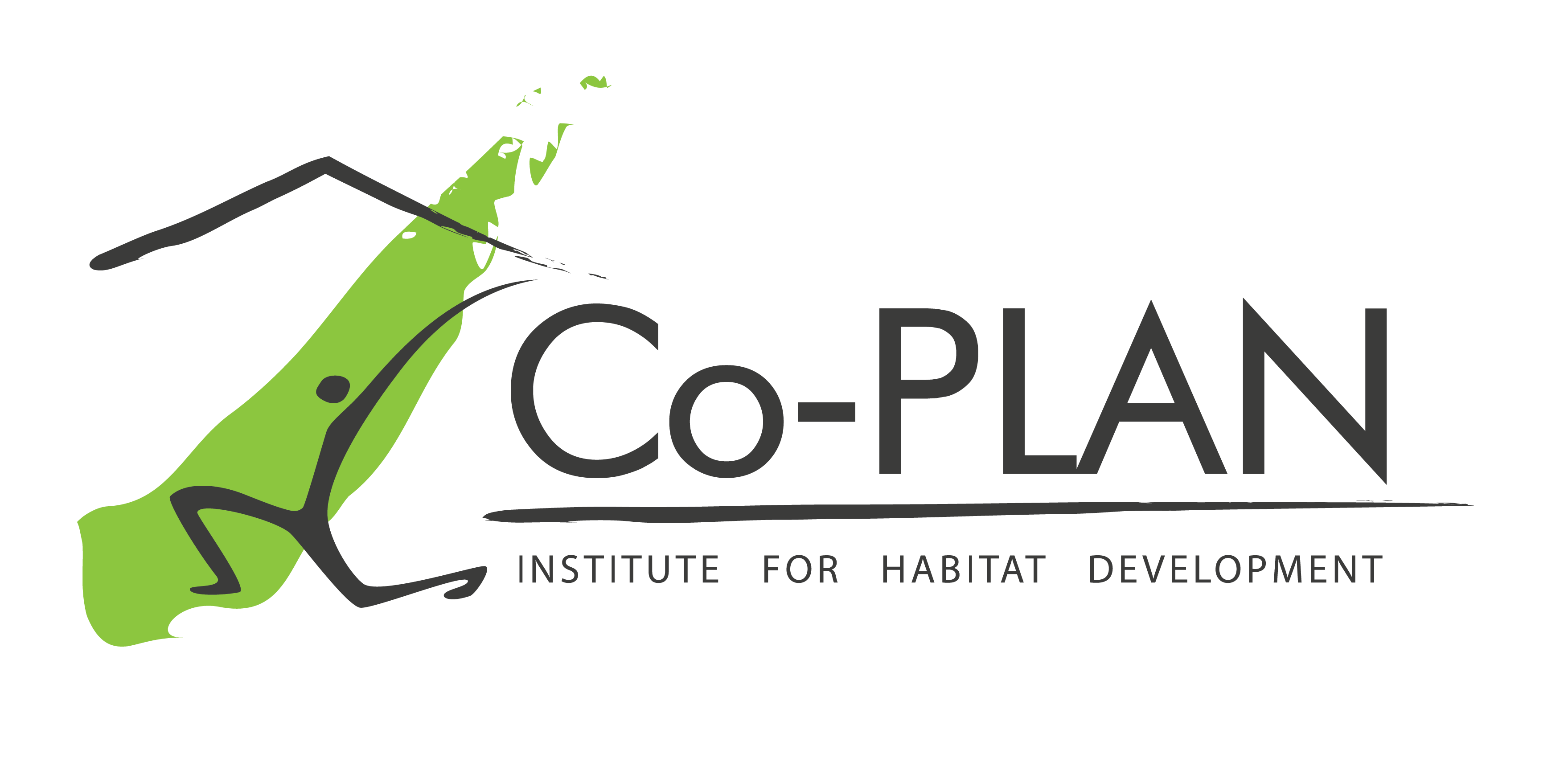15th AESOP Young Academics Conference 2021
Co-PLAN is pleased to co-organize the 15th AESOP Young Academics Conference 2021. The Conference Theme focuses on “Governing the Unknown”. Co-PLAN and POLIS University staff have jointly worked with the AESOP Young Academics Network Coordination Team to prepare the conference. Additionally, Co-PLAN senior staff (Rudina Toto and Anila Gjika) have supported the conference as keynote speakers, track chair and expert clinic.
Conference theme: Currently we are going through one of the largest pandemics of the last century on one side while on the other we are trying to deal with climate change. Our society faces dynamic development and changes, and therefore complex uncertainties and unknowns. Under these new conditions of uncertainty, socio-economic systems, people, institutions and our urban and ecological systems need to become more resilient. Having the ability to cope with crises, but also to adapt to change and live with uncertainty, is necessary and pushing us to change our planning paradigms. The famous saying of Donald Rumsfeld (2002) “there are known knowns, known unknowns and unknown unknowns” holds true also for planning. The complexity of our system is growing, and besides dealing with the uncertainty, planning and governance need to deal also with the complexity of unknowns.
The high uncertainty in planning and resilience are related and affect economic, political, social as well as environmental aspects, which all require a degree of adaptation. While uncertainty on one hand requires improving prediction mechanisms and management of big data in order to be reduced, the governance of “unknowns” requires perhaps a shift in paradigm and the way we deal with knowledge in planning altogether. Davoudi (2015)puts an emphasis that planners need to increase knowledge on what their “does do”. Spatial planning, as one of the main mediums for achieving territorial governance and resilience of socio-ecological systems, is a domain in constant evolution and need for reinvention as a response to the challenges ahead. The discipline has always been subject to various pressures and concerns trying to adapt to the dynamics of the world. While in its early days, planning was trying to control the future, now the growing recognition that it needs to work with uncertainty is becoming one of the main drivers of change. Today planning as a disciple has a more complex mission to face and it needs to move away from the initial paradigms that created it. As such, also in the framework of this conference, when talking about the unknown, we refer to this aspect of unknown unknowns in planning. Additionally, an important question and discussion we would like to open, as part of the conference, is the question of what constitutes knowledge in planning and how it can be acquired.
